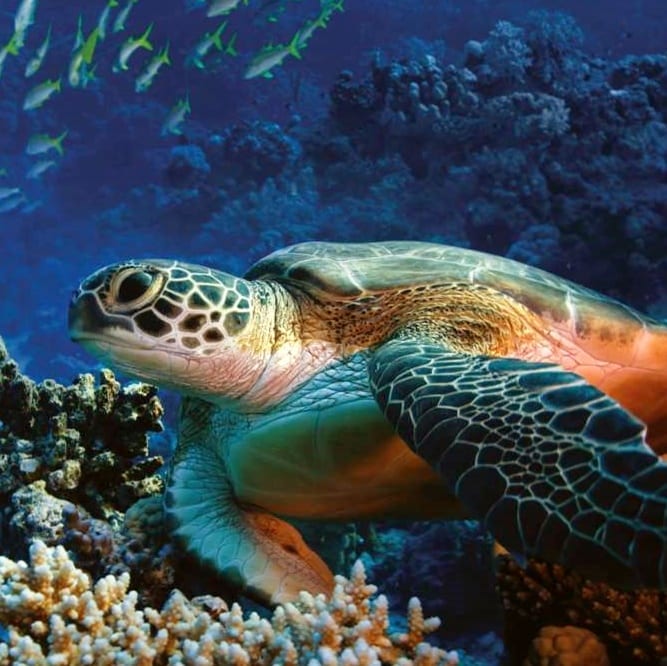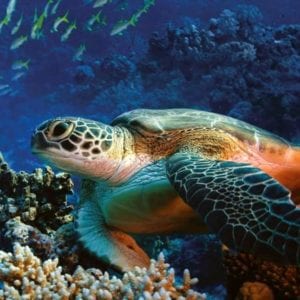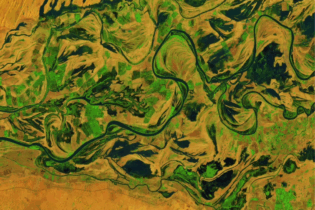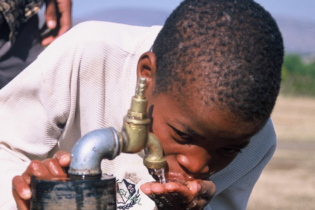
The rollout of beach clean-ups and marine animal awareness campaigns along South Africa’s east and west coastlines took place this week in celebration of World Oceans Day on Thursday.
To commemorate the global day, the first ever UN Oceans Conference was held in New York. The conference brought together global environmental and marine leaders to discuss their environmental concerns about the world’s oceans.
Issues including rising sea levels, marine resources, pollution, sustainable development, and ocean degradation were some of the key concerns raised. Leaders expressed hope that the weeklong conference will help mobilise movements worldwide to helping save the world’s oceans.
The theme of the conference was “Our oceans, our future” and forms Sustainable Development Goal 14.
Environmental minister Edna Molewa said this goal commits world leaders to “conserve and sustainably use oceans, seas and marine resources for sustainable development.”
“South Africa has earmarked the ocean to promote economic growth and to boost job creation in line with the National Development Plan,” Molewa said.
“We have an ocean space that is greater than our land territory,” she continued, saying it was necessary to prioritise ocean health in order to secure a sustainable future.
South Africa’s oceans
South Africa has an advantage with its geographical positioning in that it is bordered by the cold Benguela current on the west and the warm Agulhas current on the east.
Globally, the Agulhas current provides a key pathway of heat and salt from the Indian Ocean into the South Atlantic, which is then transported towards the equator.
Between the Agulhas and Benguela current regions lies the Agulhas bank, a diverse marine area where these two currents meet. It is a unique oceanographic position and presents an excellent opportunity for scientific marine research in the region.
These bases are serviced by South Africa’s state of the art polar research and supply vessel, SA Agulhas 2. Research undertaken at this vessel and both bases enables the department of environmental affairs to better understand the process and impacts of climate change, and therefore understand what is required to meet its obligation to protect and conserve its fauna and flora.
Elizabeth Wilson, director of international conservation at Pew Charitable Trusts told conference delegates that “improving the health of our oceans is a test for multilateralism, and we cannot afford to fail.”
She said the conference presented marine leaders with a chance to address the ocean’s sustainable development goals and determine exactly what needs to be done to prevent continued pollution and decay of the world’s oceans.
“I think this meeting will be followed by a whole series of other meetings that we hope will be impacted in a positive way,” she said.
The event saw 855 voluntary commitments to take action on short and long-term strategies to help the environment and was co-hosted by Fiji and Sweden.








